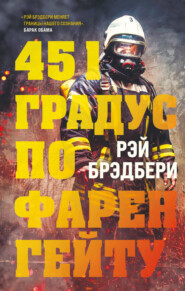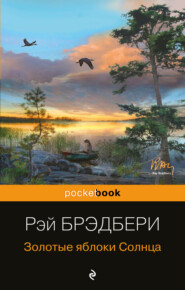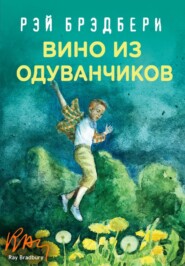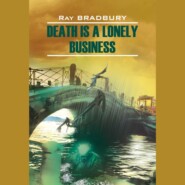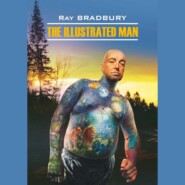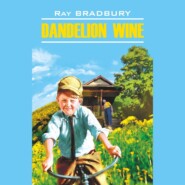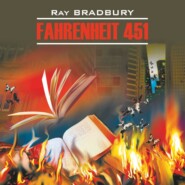По всем вопросам обращайтесь на: info@litportal.ru
(©) 2003-2025.
✖
Golden Apples of the Sun
Автор
Год написания книги
2018
Настройки чтения
Размер шрифта
Высота строк
Поля
I guess the tenseness began then.
I guess everybody saw what was happening. They saw how the white men looked like senators in sun suits. And they admired the graceful unawareness of the colored men. And, as is always the case, that admiration turned to envy, to jealousy, to irritation. It turned to conversation like:
“That’s my husband, Tom, on third base. Why doesn’t he pick up his feet? He just stands there.”
“Never you mind, never you mind. He’ll pick ’em up when the time comes!”
“That’s what I say! Now, take my Henry, for instance. Henry mightn’t be active all the time, but when there’s a crisis—just you watch him. Uh—I do wish he’d wave or something, though. Oh, there! Hello, Henry!”
“Look at that Jimmie Cosner playing around out there!”
I looked. A medium-sized white man with a freckled face and red hair was clowning on the diamond. He was balancing a bat on his forehead. There was laughter from the white grandstand. But it sounded like the kind of laughter you laugh when you’re embarrassed for someone.
“Play ball!” said the umpire.
A coin was flipped. The colored men batted first.
“Darn it,” said my mother.
The colored men ran in from the field happily.
Big Poe was first to bat. I cheered. He picked up the bat in one hand like a toothpick and idled over to the plate and laid the bat on his thick shoulder, smiling along its polished surface toward the stands where the colored women sat with their fresh flowery cream dresses stirring over their legs, which hung down between the seat intervals like crisp new sticks of ginger; their hair was all fancily spun and hung over their ears. Big Poe looked in particular at the little, dainty-as-a-chicken-bone shape of his girl friend Katherine. She was the one who made the beds at the hotel and cottages every morning, who tapped on your door like a bird and politely asked if you was done dreaming, ‘cause if you was she’d clean away all them old nightmares and bring in a fresh batch—please use them one at a time, thank yoah. Big Poe shook his head, looking at her, as if he couldn’t believe she was there. Then he turned, one hand balancing the bat, his left hand dangling free at his side, to await the trial pitches. They hissed past, spatted into the open mouth of the catcher’s mitt, were hurled back. The umpire grunted. The next pitch was the starter.
Big Poe let the first ball go by him.
“Stee-rike!” announced the umpire. Big Poe winked good-naturedly at the white folks. Bang! “Stee-rike two!” cried the umpire.
The ball came for the third time.
Big Poe was suddenly a greased machine pivoting; the dangling hand swept up to the butt end of the bat, the bat swiveled, connected with the ball———Whack! The ball shot up into the sky, away down toward the wavering line of oak trees, down toward the lake, where a white sailboat slid silently by. The crowd yelled, me loudest! There went Uncle George, running on his stubby, wool-stockinged legs, getting smaller with distance.
Big Poe stood for a moment watching the ball go. Then he began to run. He went around the bases, loping, and on the way home from third base he waved to the colored girls naturally and happily and they waved back, standing on their seats and shrilling.
Ten minutes later, with the bases loaded and run after run being driven in, and Big Poe coming to bat again, my mother turned to me. “They’re the most inconsiderate people,” she said.
“But that’s the game,” I said. “They’ve only got two outs.”
“But the score’s seven to nothing,” my mother protested.
“Well, just you wait until our men come to bat,” said the lady next to my mother, waving away a fly with a pale blue-veined hand. “Those Negroes are too big for their britches.”
“Stee-rike two!” said the umpire as Big Poe swung.
Вы ознакомились с фрагментом книги.
Приобретайте полный текст книги у нашего партнера:
Приобретайте полный текст книги у нашего партнера:






